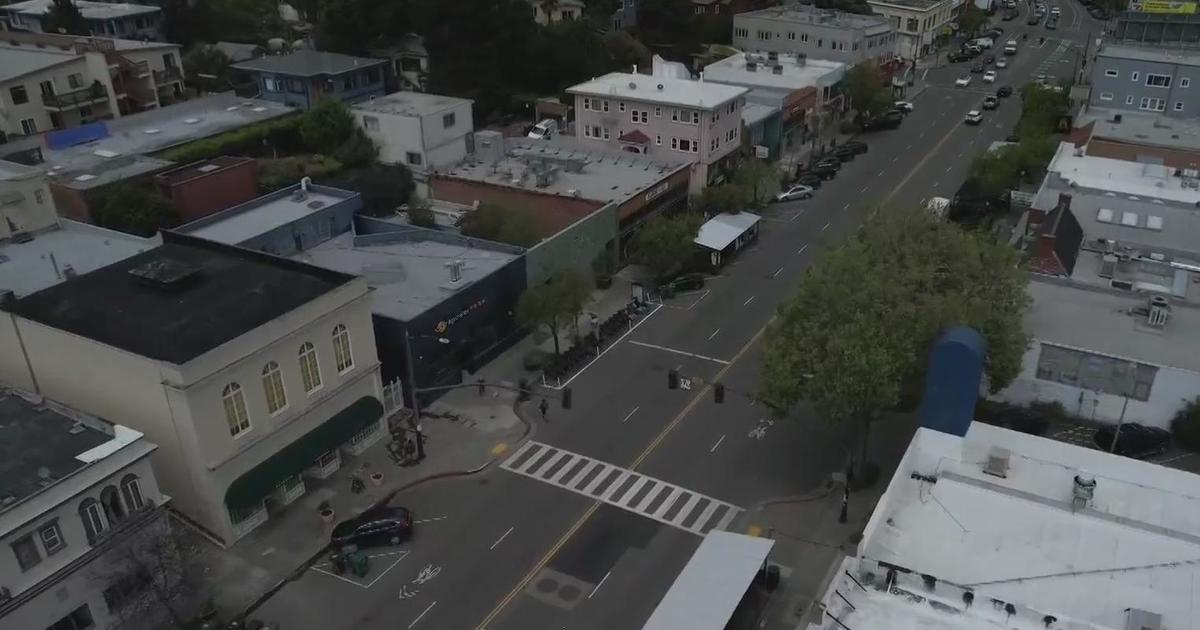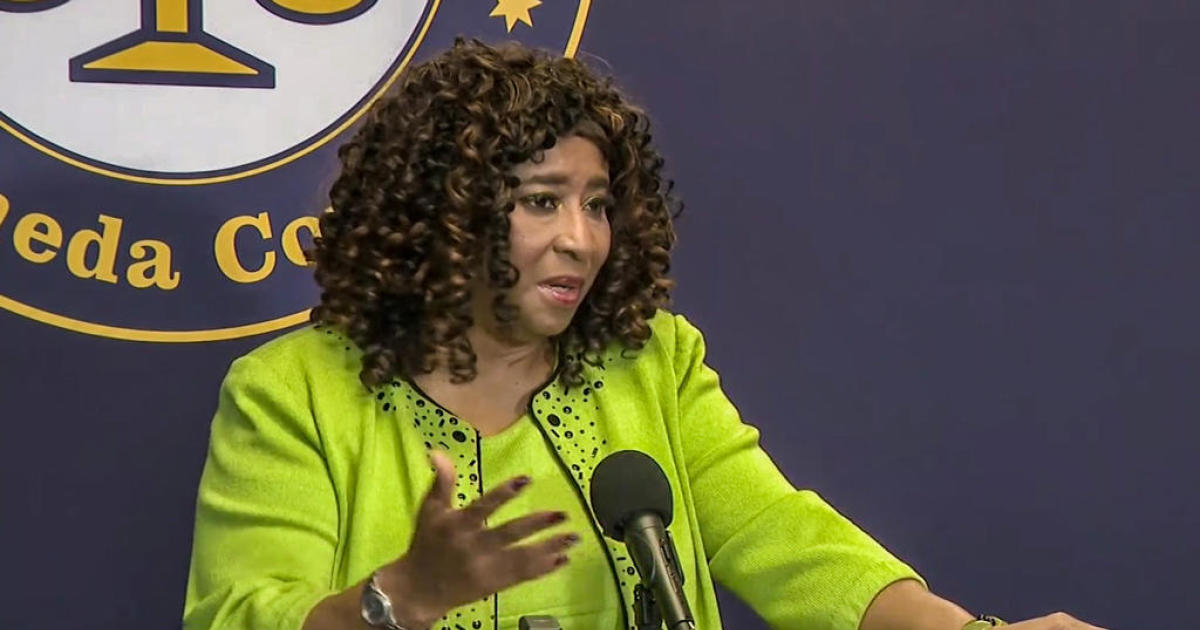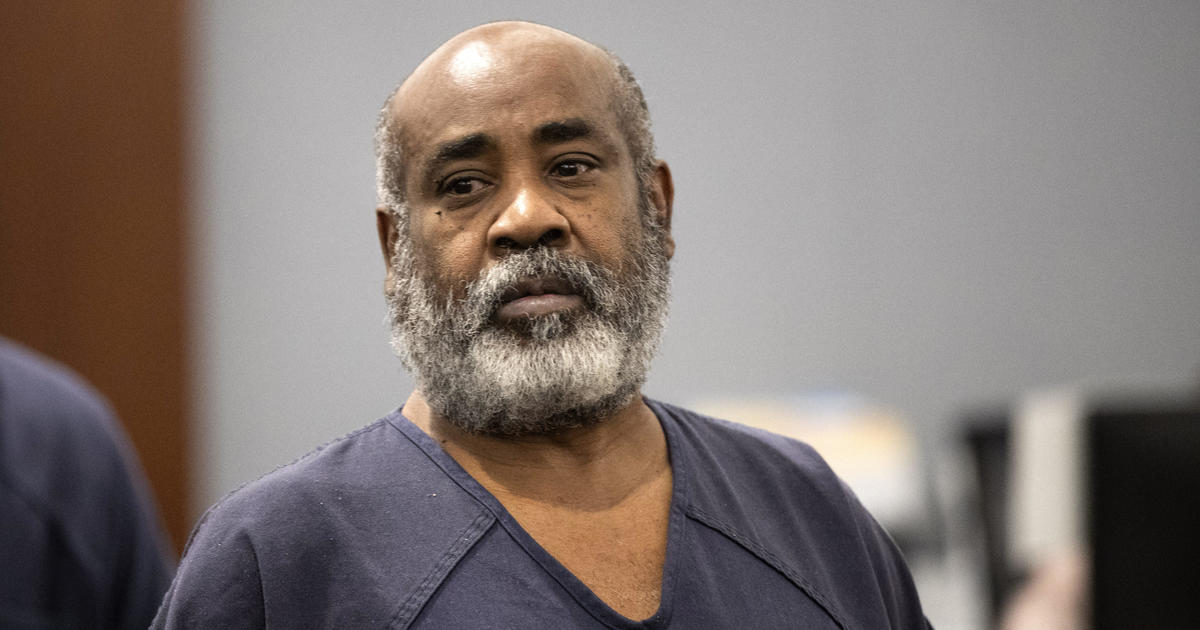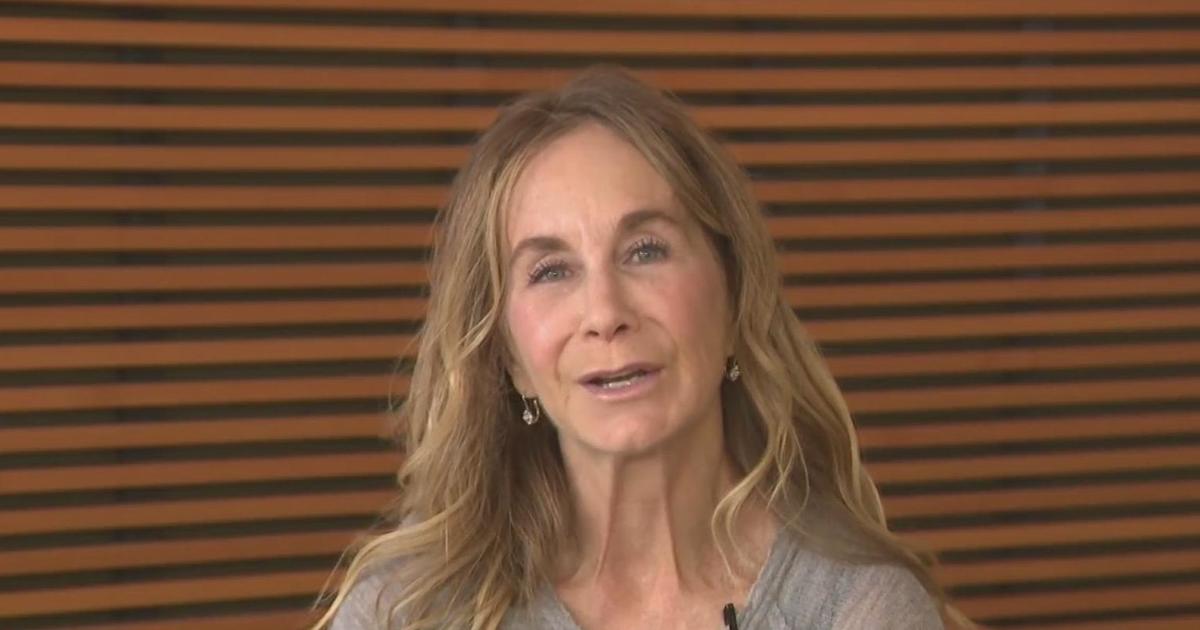Defense Delivers Closing Arguments For Max Harris In Oakland Ghost Ship Fire Trial
OAKLAND (CBS SF) - The defense attorney for Ghost Ship creative director Max Harris told jurors on Tuesday that they should find him not guilty of all charges for the fire at the Oakland building where 36 people died in 2016 because he had no idea there were safety problems there.
In his closing argument in the trial of Harris, 29, and Ghost Ship master tenant Derick Almena, 49, on 36 counts of involuntary manslaughter for the blaze at the warehouse in the 1300 block of 31st Avenue the night of Dec. 2, 2016, attorney Curtis Briggs said Harris thought the building was safe because multiple fire and police officials had visited the building and hadn't pointed out any problems.
"What clue would he have had that there were problems?" Briggs asked.
"I wish somebody had told Max there were problems there because then he would have done something," he said.
Alameda County prosecutor Autrey James alleged in his closing argument on Monday that Almena and Harris are criminally responsible for the fire because a reasonable person should have known that there were fire safety issues at the warehouse, which functioned as an artists' collective, since it lacked important safeguards, such as fire sprinklers, smoke alarms, lighted exit signs and stairs that were in good condition.
James alleged that Almena started violating the terms of the building's lease almost immediately after he signed it on Nov. 10, 2013, by allowing people up to 25 people to live there even though it was zoned for commercial, not residential use.
Almena never told the building's owners that he planned to have people live there and planned to have large music parties there, James said.
The prosecutor also said that although Harris didn't move into the warehouse until December 2014, he's still criminally responsible for the fire because he "exerted control of the Ghost Ship on a regular basis" by collecting rent for other tenants and organizing many of the musical events there.
But Briggs said on Tuesday that Harris wasn't aware of the terms of the lease because he didn't move into the warehouse until a year after it was signed.
Briggs also said it wasn't reasonable for Harris to believe that there were safety issues at the warehouse, which was filled with artwork, RVs, pianos, refrigerators and other items, because trained fire and police officials who visited the building never said there were problems there.
"Using the reasonable person standard, if public officials didn't know there were problems there, Max Harris should be acquitted," Briggs told jurors.
Briggs also alleged that fire officials who investigated the deadly blaze focused on Harris as one of the culprits because he had long hair and earrings.
In addition, Briggs said there's reasonable doubt as to Harris' guilt because there's evidence that the fire was an act of arson that Almena and Harris couldn't have prevented, since a defense witness testified that she overheard a group of 14 to 19 men congratulate themselves on starting the fire at the warehouse.
Briggs said other witnesses also testified that they heard men fighting and bottles being broken before the fire started.
Almena's lawyer Tony Serra will present his closing argument Tuesday afternoon.
© Copyright 2019 CBS Broadcasting Inc. and Bay City News Service. All Rights Reserved. This material may not be published, broadcast, rewritten or redistributed.



